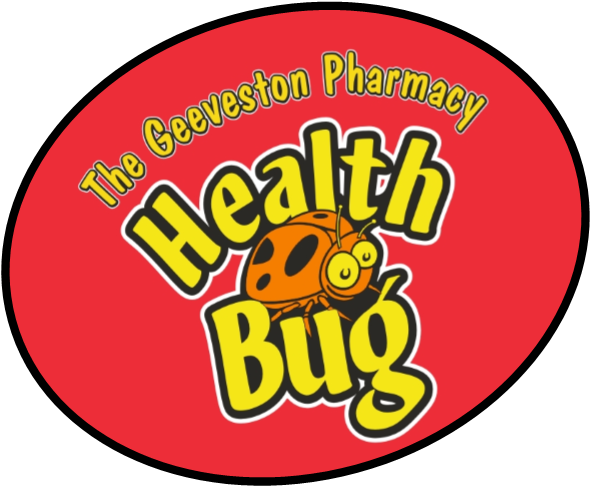Pill testing at festivals
… is one of a set of harm minimisation strategies that can potentially save lives.
This month’s article will look at why introducing pill testing facilities at festivals will help reduce harm to people and improve the health of our society.
In no way does pill testing give a ‘green light’ to using any illicit substance. No matter what tests have been performed, there is always the risk of permanent damage or death from taking illicit drugs.
 What pill testing does is give an opportunity for trained medical personnel to prevent people using especially dangerous or contaminated substances, to communicate safer-use messages and to improve the users’ factual knowledge about substances and risk.
What pill testing does is give an opportunity for trained medical personnel to prevent people using especially dangerous or contaminated substances, to communicate safer-use messages and to improve the users’ factual knowledge about substances and risk.
The process of pill testing involves ‘harm minimisation workers’ who first explain the process of testing and state that there is no safe level of illicit drug consumption. The sample is then tested against 30,000 known substances. The results and information about the potential risks is then relayed back to the person by a medical practitioner and further information from a drug and alcohol counsellor.
Prior to leaving the pill testing area, the person is advised of an “amnesty bin” where the drug can be disposed of if the person chooses not to take the illicit substance.
This process minimises harm by the approach of non-judgemental information about the potential risks of any form of illicit drug consumption, specific information about the contents of the presented drug and the opportunity of disposal of the illicit drug.
Pill testing also gives the health department ‘up-to-date’ information about what drugs are on the street and any potentially dangerous substances which can help tailor public heath alerts. Pill testing leads to a reduction in harm, in the number of hospitalisations and in illicit drug consumption.
I’m a father of five children, so the idea that any of my children taking an illicit drug really scares me. Parents will do everything in their power to prevent their children experimenting with illicit drugs and most of us are not so naïve to think that this will stop them experimenting as they grow up.
Any strategy that can help prevent the use of these substances, or at least minimise the chance of harm is good public health policy.
Originally published in the Huon News.


